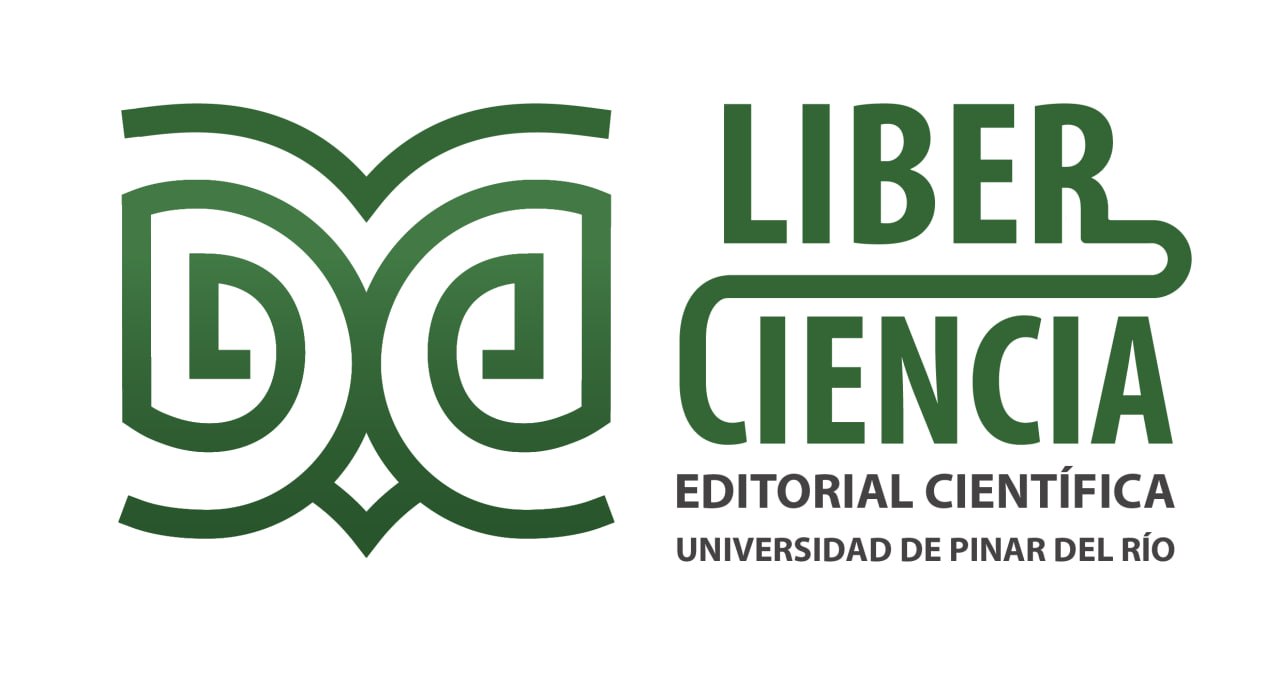Sustainable design and development of virtual learning scenarios for quality postgraduate education XVII Taller Internacional de "Formación de posgrado para un desarrollo sostenible"
Main Article Content
Abstract
Cuban higher education continues to focus on maintaining its model of a modern, humanistic, universalized, scientific, technological, innovative university, integrated into society and deeply committed to building a prosperous and sustainable socialism. One of the challenges to overcome, in order to achieve the above, is to diversify modalities of postgraduate education with the aim of keeping up to date the high number of university graduates who currently work in different professions, including those for which they were not trained, who They constitute the basis for innovation and development of the country. On the other hand, the policies to favor the computerization of Cuban society, and currently its digital transformation, have caused new informational needs in all sectors of society, particularly in higher education. However, it is recognized that the use of information and communication technologies is still insufficient in order to favor the flexibility of the current postgraduate and training programs offered by educational institutions. Some of the results of a Research Project where professors from five universities in the country participate and collaborate are presented in this work and which has allowed managing virtual environments for different learning scenarios, depending on the postgraduate training of professionals; as well as the management of knowledge and its relationship university-local government-needs of the territory, through training actions; that include strategic sectors such as tourism and hydraulic resources.
Article Details

This work is licensed under a Creative Commons Attribution-NonCommercial 4.0 International License.
References
CENED (2017). Documentos complementarios para la implementación del Modelo de Educación a Distancia de la Educación Superior Cubana. https://aulacened.uci.cu/pluginfile.php/13407/mod_page/content/7/Documentos%20complementarios%20al%20Modelo%20de%20Educaci%C3%B3n%20a%20Distancia_CENED%202017.pdf
Díaz, F., & Castro, A. L. (2017). Requerimientos pedagógicos para un ambiente virtual de aprendizaje. Cofin Habana, 11(1), 1-13. http://scielo.sld.cu/pdf/cofin/v11n1/cofin04117.pdf
Durall, E., Gros, B., Maina, M., Johnson, L., & Adams, S. (2012). Perspectivas tecnológicas: educación superior en Iberoamérica 2012 - 2017. Austin, Texas: The New Media Consortium. http://hdl.handle.net/10609/17021
MES. (2018). Informe al consejo de dirección sobre los resultados de la implementación del nuevo modelo de Educación a Distancia y estado actual en las universidades. Material digital.
MES (2019). Reglamento de la educación de postgrado de la República de Cuba. Resolución 140/2019. https://www.gacetaoficial.gob.cu/sites/default/files/goc-2019-o65_0.pdf
MES (2023). Normas generales para la implementación del Modelo de Educación a Distancia de la Educación Superior Cubana con el uso de las tecnologías de la información y las comunicaciones. Resolución 15/2023. La Habana, Cuna. Material digital.
Pogolotti, G. (25 de noviembre de 2018). Repensar la pedagogía. Juventud Rebelde, 3.
Ruiz, L., Zulueta, Y., Baluja, W., Pérez, I., Montesino, R., & Gainza, D. (2021). Experiencias de la escuela de posgrado a distancia en tiempos de covid-19. Universidad y Sociedad, 13(6), 661-670. http://scielo.sld.cu/pdf/rus/v13n6/22183620-rus-13-06-661.pdf
Torres, A. M., & Manso, Y. (2020). Acciones estratégicas para la implementación de la Educación de Posgrado en la Modalidad a Distancia. Serie Científica de la Universidad de las Ciencias Informáticas, 13(3), 32-46. https://publicaciones.uci.cu/index.php/serie/article/view/547




